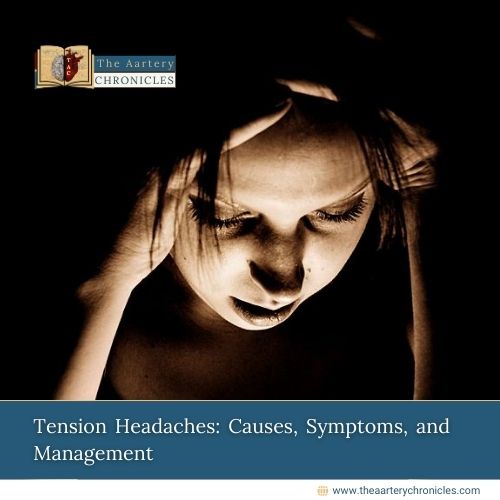

Why Memory Loss Makes You Eat More
A group of scientists in the United States has uncovered why some people with memory problems may end up eating too much. Their research points to a specific set of brain cells that help us remember when and what we have eaten. When these memory systems don’t work properly, it can cause people to feel hungry again soon after eating — even if they have had enough food. This can lead to overeating or disordered eating patterns.
How the Brain Remembers Meals
The study, led by researchers at the University of Southern California (USC), showed that certain brain cells create special meal memories. These memories, known as “meal engrams,” store details about what food was eaten and the time of the meal.
According to Professor Scott Kanoski, who worked on the study, meal engrams act like tiny databases in the brain. They keep track of not only the food but also where and when you ate it. This helps your brain manage hunger signals more effectively.
What Happens When These Brain Cells Don’t Work?
To explore how this system works, the scientists studied rats in the lab. They watched the rats’ brain activity while they were eating. The team discovered that these meal memory neurons were different from other brain cells that store general memories.
Interestingly, when the scientists destroyed these meal memory cells, the rats forgot where they had eaten. However, their ability to remember non-food-related locations stayed the same. This suggests that the brain has a special system just for storing food-related memories.
The Connection to Hunger and Overeating
Furthermore, the study showed that these meal memory cells in the hippocampus communicate with another part of the brain called the lateral hypothalamus. This region is well-known for controlling hunger and eating behavior.
When the researchers blocked the connection between the hippocampus and hypothalamus, the rats began to overeat. They seemed to forget where their meals had been and could not control their eating as well as before.
What This Means for Treating Obesity
These findings could lead to new ways of helping people manage their weight. At present, most treatments focus on eating less or exercising more. However, this research suggests that improving memory of meals could also help prevent overeating.
As Professor Kanoski explained, strengthening meal memories may one day be part of strategies to tackle obesity and support healthier eating habits.
Conclusion
Overall, this study offers a fresh understanding of how memory and eating are closely linked in the brain. It highlights the importance of remembering our meals not just for recalling pleasant dining experiences, but for controlling hunger and maintaining a healthy weight.
Source: Inputs from various media Sources

Priya Bairagi
Reviewed by Dr Aarti Nehra (MBBS, MMST)
I’m a pharmacist with a strong background in health sciences. I hold a BSc from Delhi University and a pharmacy degree from PDM University. I write articles and daily health news while interviewing doctors to bring you the latest insights. In my free time, you’ll find me at the gym or lost in a sci-fi novel.








